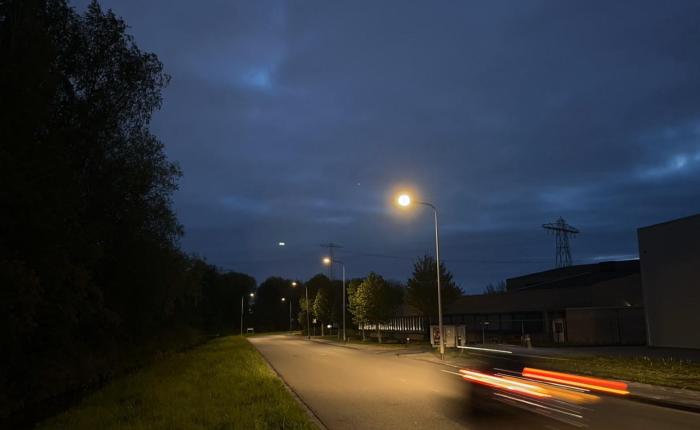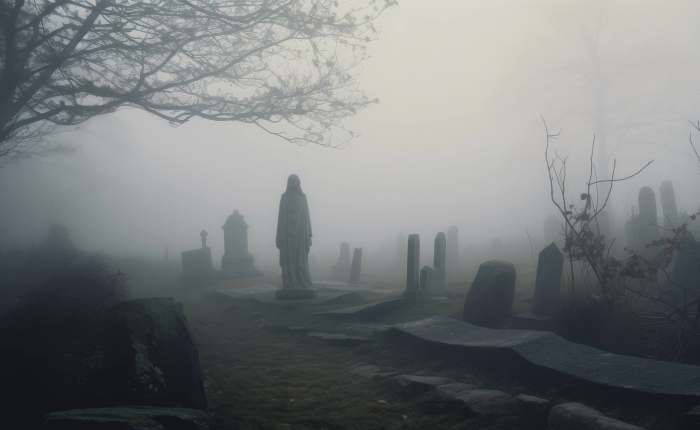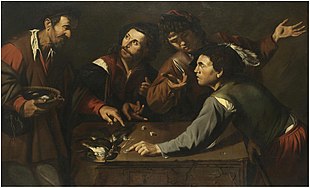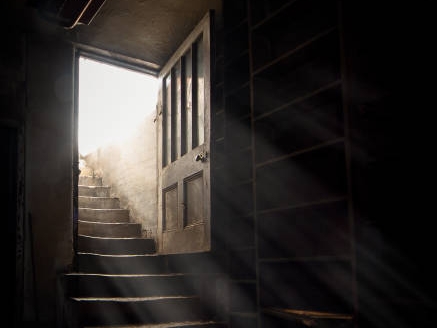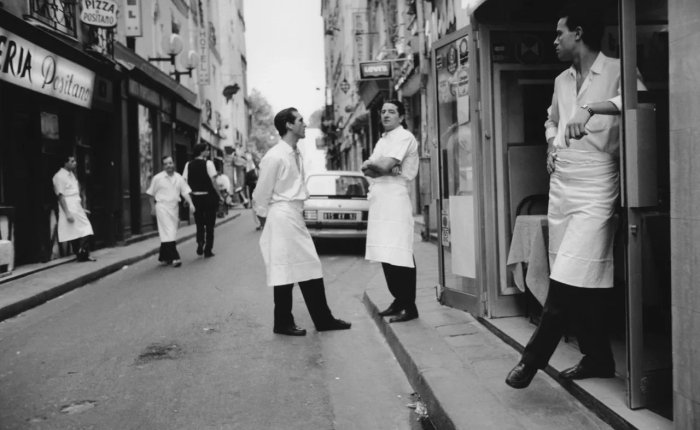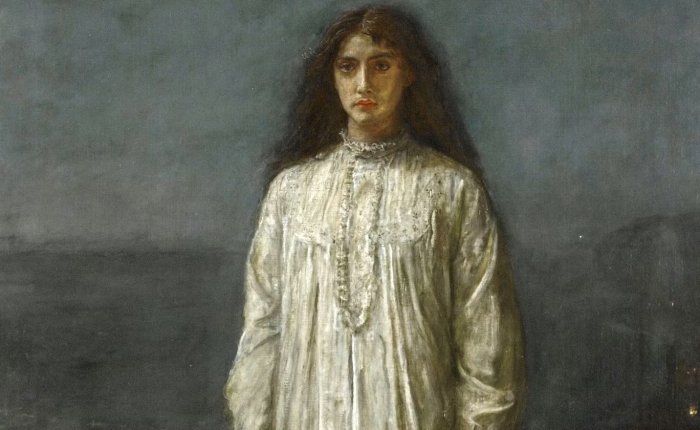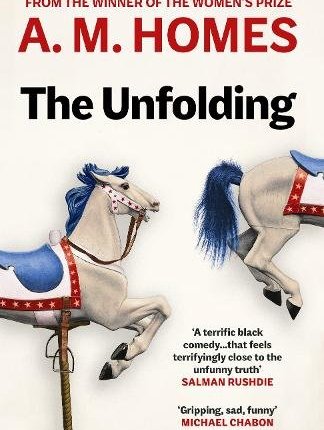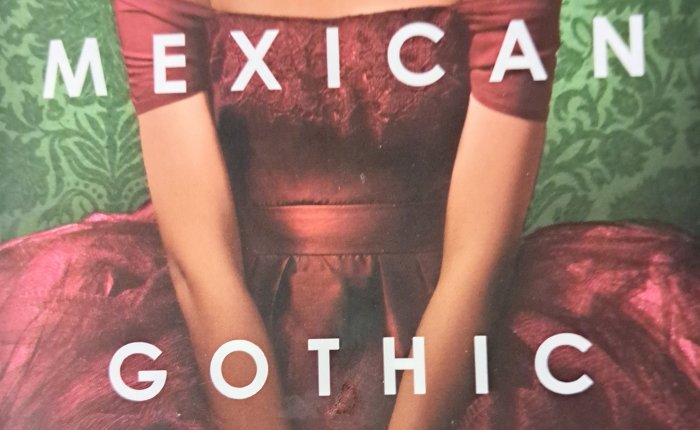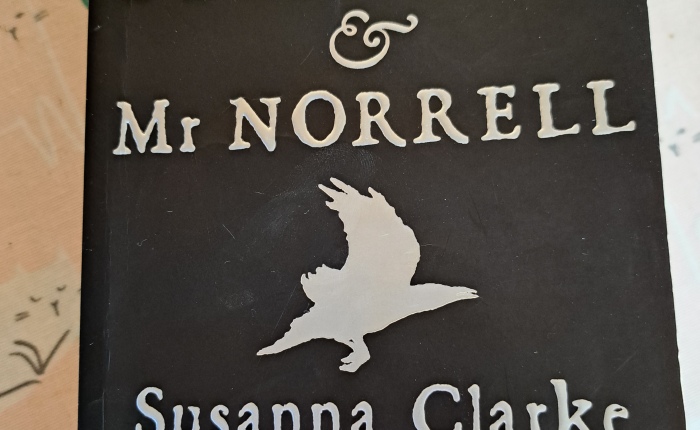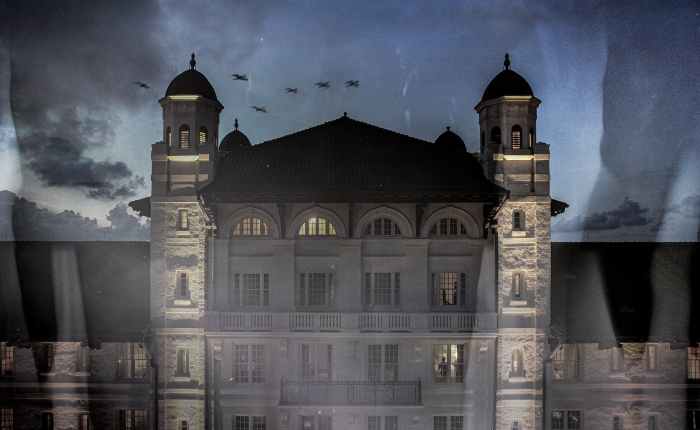To say this is a debut novel… well, wow, there’s a lot to this tightly plotted, strongly characterised novel.
It centres on Eddie, the narrator, who is looking back in his early forties at events that took place in his small town when he was a you teenager.
It begins with a terrible accident when a girl is horrifically injured when a fairground breaks mid-ride. Eddie helps the girl with the guidance of a mysterious new teacher, Mr Halloran, who falls, entirely inappropriately, in love with her. She is eventually murdered and it’s Eddie that finds her decapitated body.
The book centres on Eddie trying to unravel what happened, moving between his investigations years later in his 40s and the events 20-odd years earlier.
And a LOT happens in this novel: inappropriate relationships, religious cults, great friendship groups, mysterious chalk drawings, bullying, murder, mistaken identities, unknown children, early onset dementia, and much more.
Although it’s ultimately a thriller, there are some heartwarming elements to this novel. The characters in particular are really well drawn – Eddie in particular is likeable because of his honesty, his group of friends when he’s younger (Hoppo, Mickey, Gav and Nickey) are a nostalgic portrayal of early teen friendship before its damaged by the realities of life, and more than anyone, Chloe, Eddie’s lodger who turns out to be a lot more than she seems.
At the heart of The Chalk Man, though, is a look at the effects of childhood trauma. Eddie experiences some horrific losses, and witnesses terrible things. They are unresolved at the time and so its no surprise that twenty years later he’s struggling to live a full life: still in his hometown living in his old house with no relationships to speak of. And it’s not just Eddie: Chloe, Gav, Hoppo… all are broken by their earlier experiences.
And at the same time, the book is also a look at memory: Eddie remembers much of what happened back then, but not all. Sometimes he’s guessing at events, other times he’s making it up, and occasionally he seems to be putting certain occurrences down to supernatural forces – in particular the Chalk Man himself, Mr Halloran, when in fact the explanation for what happened back then is very much based on natural causes.
Alongside these big themes is an exploration of some interesting sub themes. Growing up in a small town and the tenderness and tensions of teenage friendship groups are woven throughout the novel.


